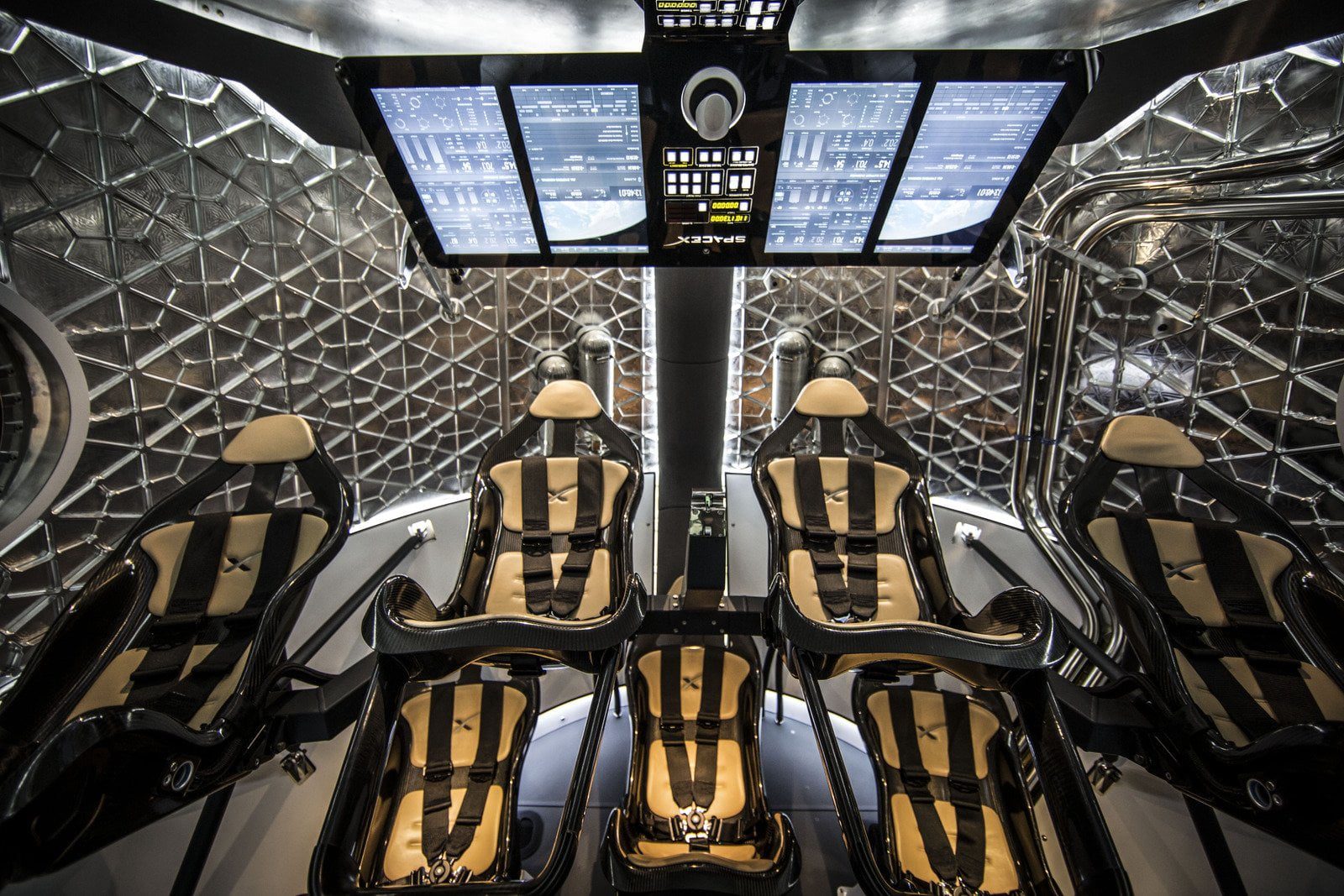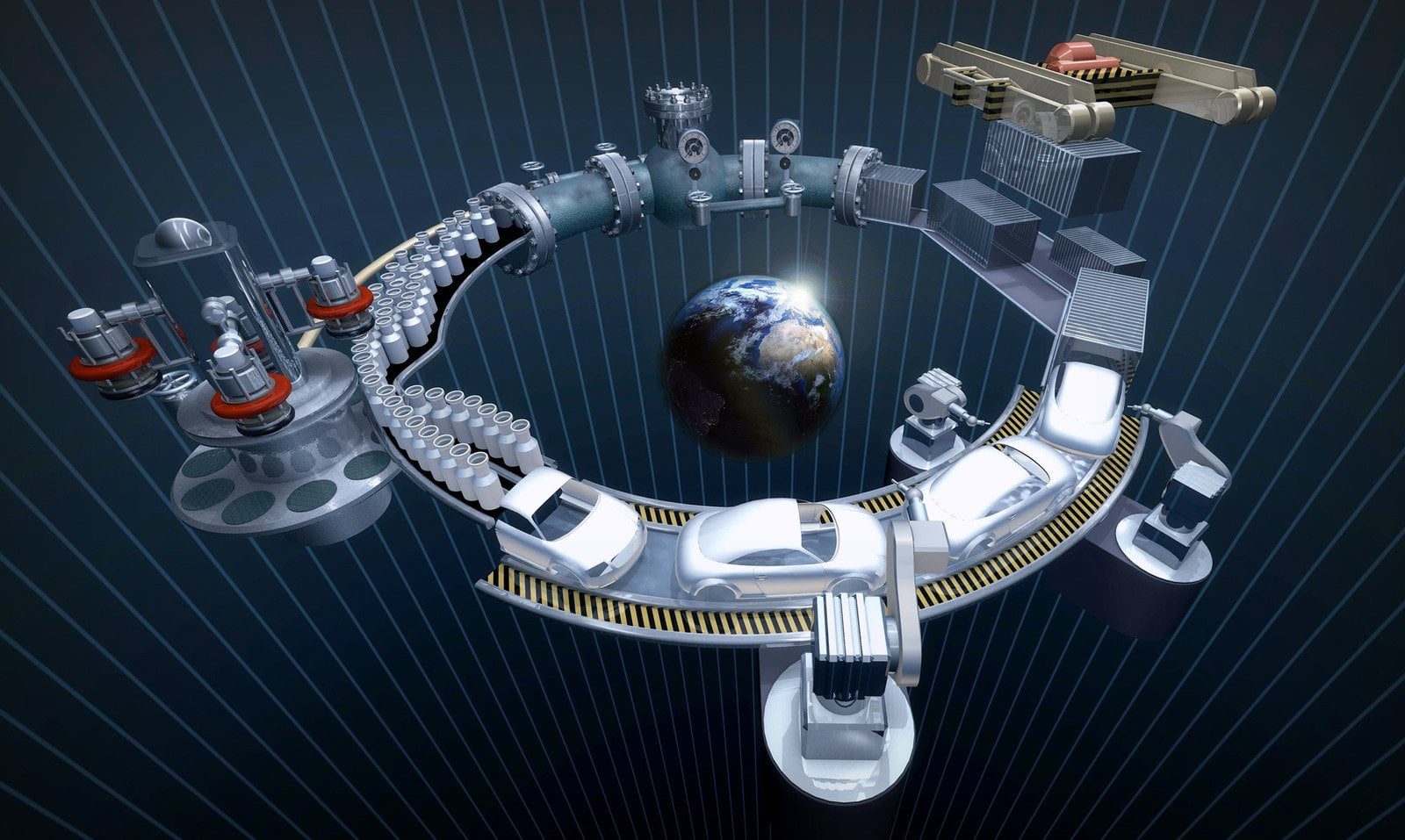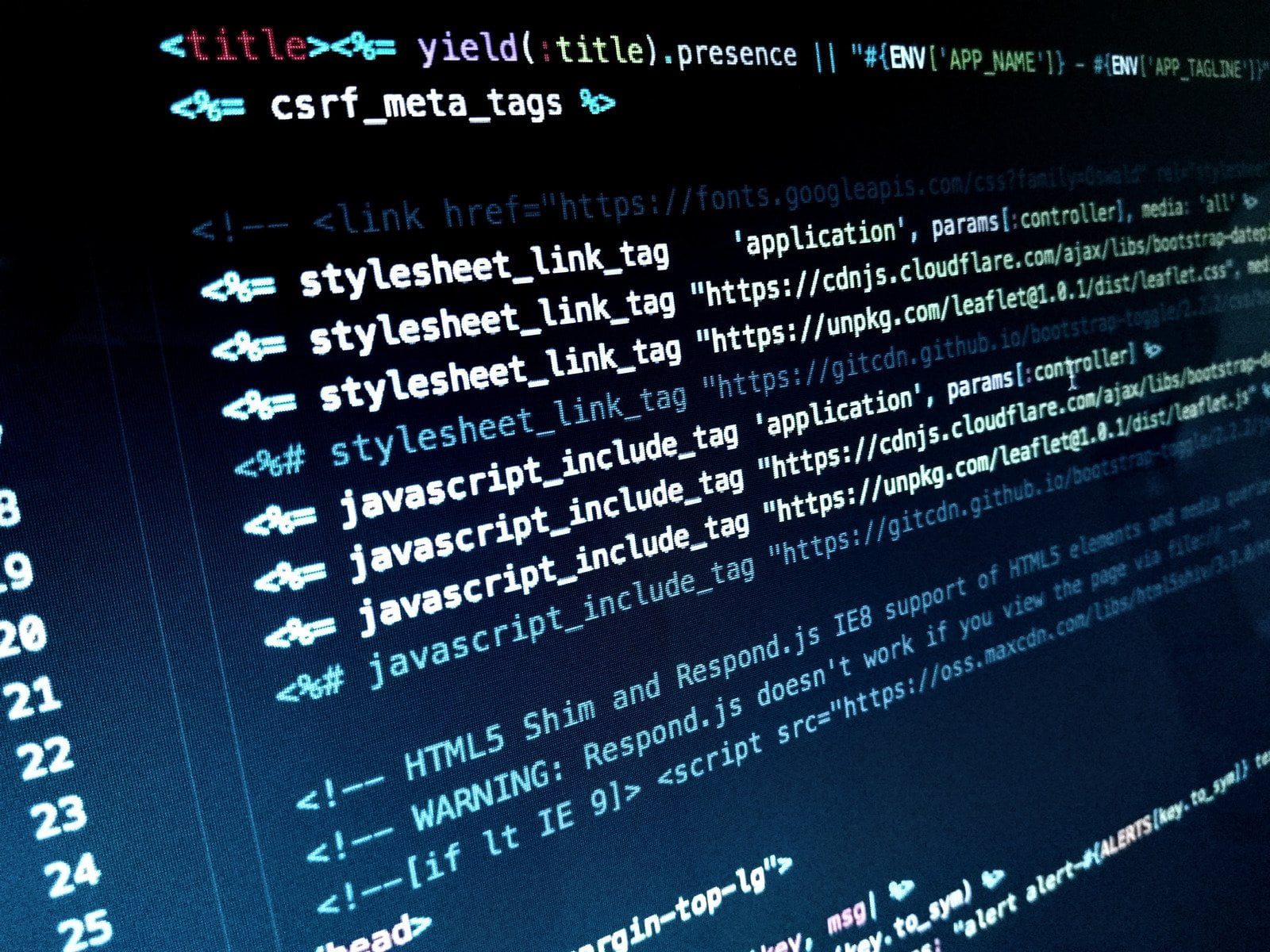Introduction to Blockchain Technology
Welcome to the dawn of a new era in technology – where innovation reigns supreme and disruption is the name of the game. In this fast-paced digital landscape, one technology has been making waves like never before: blockchain. But hold on tight, because blockchain is just the tip of the iceberg when it comes to technological advancements that are reshaping industries and revolutionizing business operations. So buckle up as we delve into the world of blockchain and beyond, exploring how these cutting-edge technologies are shaping the future of our interconnected world.
The Impact of Blockchain on Industries
Blockchain technology has revolutionized industries by providing a secure and transparent way to store and transfer data. In the financial sector, blockchain has disrupted traditional banking systems by enabling faster and more cost-effective transactions.
Supply chain management has also seen significant benefits from blockchain implementation, with increased transparency and traceability throughout the entire process. This has led to improved efficiency and reduced fraud in logistics operations.
Healthcare is another industry where blockchain is making waves, allowing for secure storage of patient records and facilitating interoperability among different healthcare providers. This not only streamlines processes but also enhances data security.
The real estate sector is embracing blockchain technology to simplify property transactions through smart contracts, reducing the need for intermediaries and speeding up the buying/selling process.
The impact of blockchain on industries is undeniable, paving the way for more efficient operations and enhanced trust among stakeholders.
Beyond Blockchain: Other Disruptive Technologies
Imagine a world where technological disruption goes beyond blockchain. Enter the realm of other cutting-edge innovations that are reshaping industries and revolutionizing the way we do business.
Artificial intelligence and machine learning are no longer just buzzwords; they’re transforming how companies analyze data, automate processes, and enhance customer experiences. From predictive analytics to personalized recommendations, AI is driving unprecedented efficiency and innovation.
Virtual and augmented reality have stepped out of the gaming realm and into the boardroom. Businesses are leveraging VR for immersive training simulations, AR for interactive marketing campaigns, and both technologies for remote collaboration like never before.
The Internet of Things (IoT) is connecting devices in ways previously unimaginable. With sensors embedded in everything from smart homes to industrial machinery, IoT is enabling real-time monitoring, predictive maintenance, and unparalleled insights into consumer behavior.
The Integration of Artificial Intelligence and Machine Learning
Artificial Intelligence (AI) and Machine Learning (ML) are revolutionizing the way businesses operate. By integrating AI and ML into their systems, companies can automate processes, analyze data at scale, and make more informed decisions in real-time.
AI algorithms can sift through massive amounts of data to identify patterns and trends that humans might miss. This enables businesses to optimize operations, personalize customer experiences, and predict future outcomes with greater accuracy.
Machine Learning takes AI a step further by allowing systems to learn from experience without being explicitly programmed. Through continuous learning, ML algorithms can improve performance over time and adapt to changing market conditions.
The integration of AI and ML is reshaping industries across the board – from healthcare to finance to retail. Businesses that embrace these technologies gain a competitive edge by streamlining operations, enhancing customer engagement, and driving innovation in ways previously thought impossible.
Virtual and Augmented Reality in Business
Virtual and Augmented Reality (VR/AR) are reshaping the way businesses operate. By immersing users in virtual environments, VR enhances training experiences, allowing employees to practice real-life scenarios in a safe space.
In marketing, AR enables customers to visualize products before purchase, creating interactive and engaging shopping experiences. Companies like IKEA use AR apps for customers to see how furniture looks in their homes before buying it.
Furthermore, VR is revolutionizing remote collaboration by enabling teams across the globe to work together seamlessly as if they were in the same room. This technology reduces travel costs while enhancing productivity.
In healthcare, surgeons can utilize AR overlays during operations for precision and accuracy. The potential applications of VR/AR in industries are limitless as businesses embrace these immersive technologies for growth and innovation.
The Rise of Internet of Things (IoT)
The rise of Internet of Things (IoT) has transformed the way we interact with technology in our daily lives. From smart homes to connected cars, IoT is revolutionizing the world around us.
Imagine waking up to your alarm clock that not only wakes you up but also adjusts the temperature in your house and brews your morning coffee—all thanks to IoT devices communicating seamlessly with each other.
Businesses are also leveraging IoT to improve efficiency and productivity. With sensors collecting data in real-time, companies can make informed decisions faster than ever before. From inventory management to predictive maintenance, IoT is reshaping industries across the board.
However, as more devices become interconnected, concerns about privacy and security have emerged. Safeguarding sensitive data transmitted between devices is crucial for maintaining trust among users and businesses alike.
Despite these challenges, the potential of IoT continues to expand as new applications emerge. As technology evolves, so too will our reliance on interconnected devices that shape the future landscape of innovation.
Challenges and Opportunities for Businesses in Adopting these Technologies
Embracing blockchain technology and other disruptive technologies presents both challenges and opportunities for businesses. The main challenge lies in the initial investment required to integrate these technologies into existing systems. Companies may also face resistance from employees who are apprehensive about change.
However, the opportunities that come with adopting these technologies are vast. Businesses can streamline operations, enhance security measures, improve customer experiences, and gain a competitive edge in their respective industries. By leveraging artificial intelligence, machine learning, virtual reality, augmented reality, and Internet of Things devices effectively, companies can revolutionize how they operate and interact with customers.
In this fast-paced digital age, staying ahead of the curve is essential for businesses to thrive. Those willing to embrace technological disruption will not only survive but flourish in an ever-evolving market landscape. It’s time for businesses to seize the potential of blockchain and beyond to shape a successful future.
















